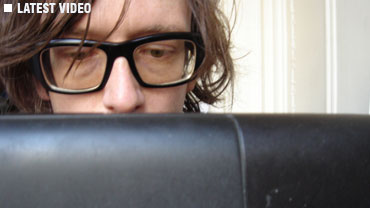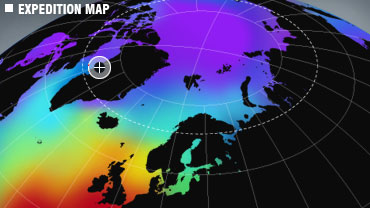Listening to radio an interviewer ask their interviewee “describe the experience for the listener”. Description is all the listener needs, imagination does the rest. “well…” comes the reply “its just too beautiful for words”. The answer makes me want to rip out the interviewees tongue and slap them with it. The pursuit of description engages and overcomes the possibility of failure (to describe). If something is worth pursuing it means it matters. Ergo “it’s just too beautiful for words” causes things to disappear. You think I am taking this too far. Good. Then we are on the same page.
If a tree falls in the forest and if nobody saw it or heard it fall then did it? We have an obligation, to share what we see. It did. The act of sharing is as important as the information it carries: the action of description and acknowledgement is the greatest gift of language. The first words of a child are often the description and realisation of some body. Imagine it did not speak because the world was too beautiful for words. But the child does speak and therein its power. And in the relatively recent story of colonisation language was the first to be taken from the children of indigenous peoples. The languages of the Inuit, here in Greenland taken by the Danes, the language of the aborigines taken by the English, the language of the Kenyan peoples, in east Africa taken by the english. This is why I blog. I never had family. I blog because it gives me a point of record or reference that I was alive at any given time. In acknowledging the disappearance of the ice from our earth: in blogging, a simple act of description, we are acknowledging that they were there. Did the tree fall in the forest though nobody saw it or heard it. It did, cause I did, I saw it. And if I don’t say it now there’ll be none left to fall. And what was the first word of the child? And why did it matter?




One Comment
Rachel
This morning in London people jumped doggedly on their bikes to combat the fuel emmissions and the depression that comes from too much time spent on the underground. You cycle and cycle and can either choose to open your eyes to the angles of the buses and the people waiting at the bus-stops, or you can choose to see the tarmac and think and think and think.
The problem with the thinking only approach is that when it comes to actually saying something, we are lost for words. We can’t connect our internal monologue with what’s going on around us because we don’t know, we haven’t been the witness or the listener or the observer. This detraction and removal from the “BEAUTY” of the world is what separates us from the impact we’re having.
So keep listening out there, keep those eyes and ears open, not frozen, and let us know what beauty it is that you are witness to. What Beauty it is that we should be fighting for; articulate the vision of why its worth being part of this world Mr Lemn!
All love- Rx